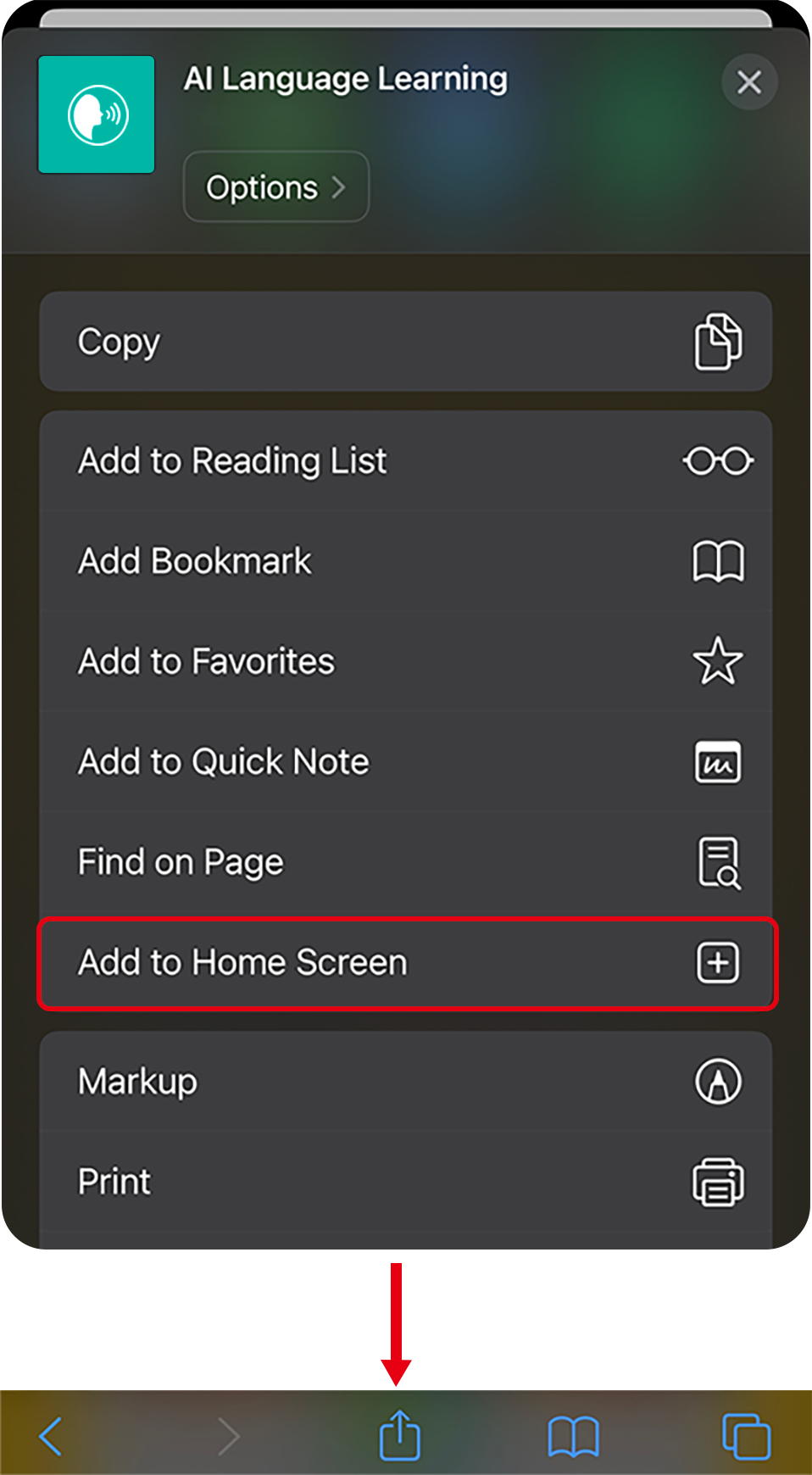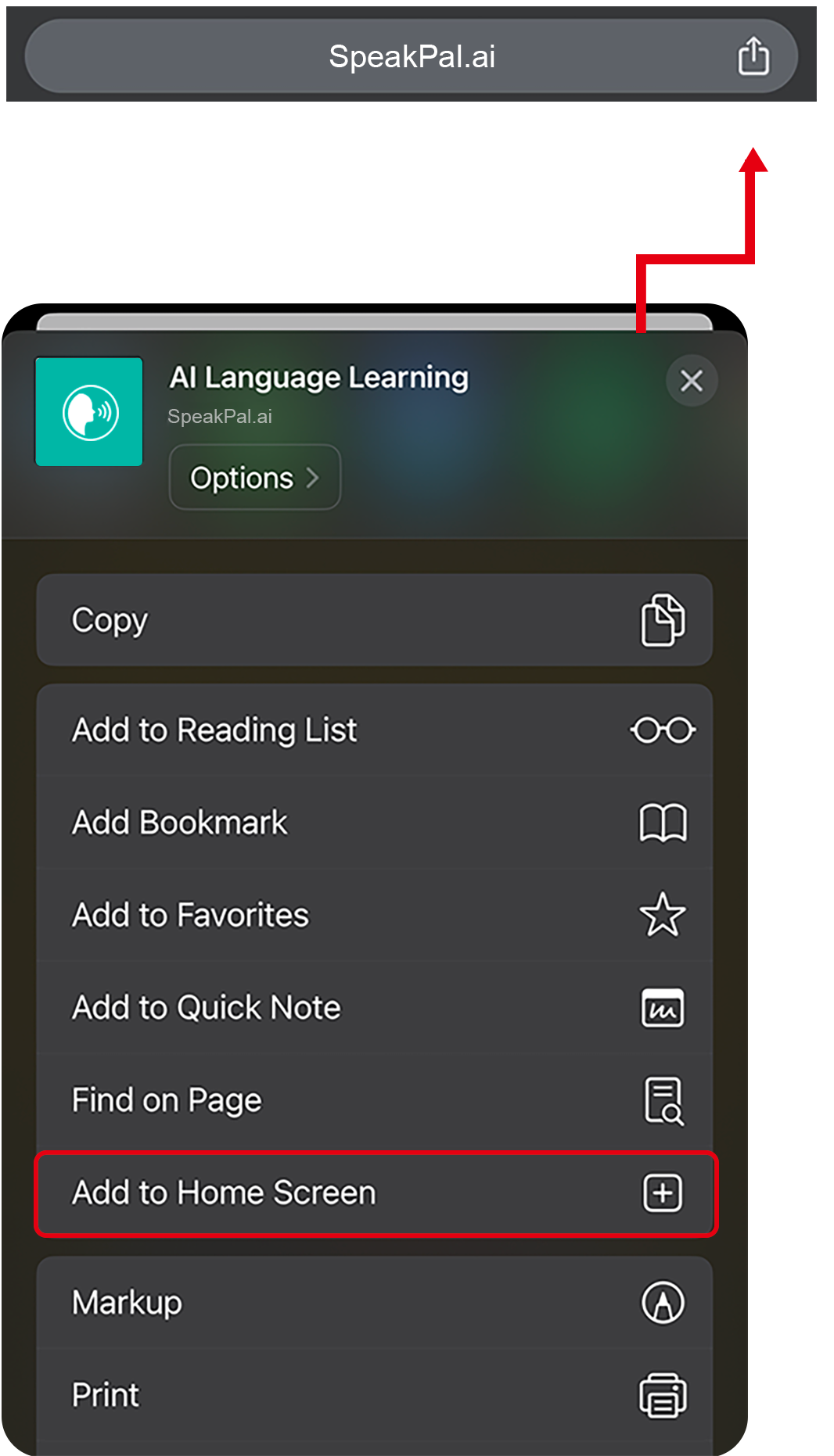Speak Spanish With AI

Learning Spanish, one of the most widely spoken languages globally, is an invaluable skill that opens up countless opportunities. Not only does it allow you to communicate with millions of Spanish speakers worldwide, but it also provides insights into diverse cultures and histories. As an AI Language Tutor, SpeakPal facilitates language learning by offering real-time interactions, personalized feedback, and pronunciation evaluation. Whether you're a beginner or an intermediate learner, SpeakPal ensures an engaging and effective language learning journey.
AI Language Learning: Examples of Spanish Grammar

(Adjectives): grande, pequeño, azul
1.“El perro es grande.” (The dog is big.)
2.“Este es un libro azul.” (This is a blue book.)
(Adverbs): rápidamente, lentamente, frecuentemente
1.“Ella corre rápidamente.” (She runs quickly.)
2.“Él habla lentamente.” (He speaks slowly.)
(Articles): el, la, los
1.“Él tiene el libro.” (He has the book.)
2.“Esta es la ciudad de la que vengo.” (This is the city I come from.)
(Nouns): perro, ciudad, amor
1.“El perro es muy grande.” (The dog is very big.)
2.“Vivo en una gran ciudad.” (I live in a big city.)
(Prepositions): en, sobre, a
1.“El libro está sobre la mesa.” (The book is on the table.)
2.“El perro está debajo de la mesa.” (The dog is under the table.)
(Pronouns): él, este, algunos
1.“Él es mi amigo.” (He is my friend.)
2.“Quiero algunos libros.” (I want some books.)
(Sentence Structure): Sujeto + Verbo + Objeto
1.“Yo como una manzana.” (I eat an apple.)
2.“Nosotros pensamos en ti.” (We think about you.)
(Tenses – Indicative): como, comía, comeré
1.“Estoy comiendo ahora.” (I am eating now.)
2.“Él ha comido todo el día.” (He has eaten all day.)
(Tenses Subjunctive): que coma, si comiera, cuando coma
1."Debería comer.” (I should eat.)
2."Habría comido.” (I had eaten.)
(Verbs): comer, beber, dormir
1.“Deberíamos correr ahora.” (We should run now.)
2.“¿Puedes ver esto?” (Can you see this?)
Learn Spanish Tongue Twisters and Master Grammar

1. Tres tristes tigres tragan trigo en un trigal.
Translate: Three sad tigers swallow wheat in a wheat field.
2.El cielo está enladrillado, ¿quién lo desenladrillará? El desenladrillador que lo desenladrille, buen desenladrillador será.
Translate: The sky is bricked up, who will unbrick it? The unbricker who unbricks it will be a good unbricker.
3.Pablito clavó un clavito, ¿qué clavito clavó Pablito?
Translate: Pablito nailed a little nail, which little nail did Pablito nail?
4.Erre con erre cigarro, erre con erre barril, rápido corren los carros, cargados de azúcar del ferrocarril.
Translate: R with R cigar, R with R barrel, quickly run the cars, loaded with sugar from the railroad.
5.Si Pancha plancha con cuatro planchas, ¿con cuántas planchas plancha Pancha?
Translate: If Pancha irons with four irons, how many irons does Pancha iron with?
6. Pepe Pecas pica papas con un pico. Con un pico pica papas Pepe Pecas.
Translate: Pepe Pecas chops potatoes with a pick. With a pick, Pepe Pecas chops potatoes.
7.Como poco coco como, poco coco compro.
Translate: Since I eat little coconut, I buy little coconut.
8.Compadre, cómprame un coco. Compadre, coco no compro porque como poco coco, poco coco compro.
Translate: Friend, buy me a coconut. Friend, I don't buy coconut because I eat little coconut, so I buy little coconut.
9. El perro de San Roque no tiene rabo, porque Ramón Ramírez se lo ha cortado.
Translate: Saint Roque's dog has no tail because Ramón Ramírez has cut it off.
10. Cuando cuentas cuentos, cuenta cuántos cuentos cuentas, porque si no cuentas cuántos cuentos cuentas, nunca sabrás cuántos cuentos sabes contar.
Translate: When you tell stories, count how many stories you tell, because if you don't count how many stories you tell, you'll never know how many stories you know how to tell.
11.Poquito a poquito Paquito empaca poquitas copitas en pocos paquetes.
Translate: Little by little, Paquito packs small little glasses into small packages.
12.Un burro comía berros y el perro se los robó. El burro lanzó un rebuzno y el perro al barro cayó.
Translate: A donkey was eating watercress, and the dog stole them. The donkey brayed and the dog fell into the mud.
13.En la ciudad de Pamplona, una plaza tiene una plancha. ¿Quién desplanchará la plancha de la plaza de Pamplona?
Translate: In the city of Pamplona, a square has an iron. Who will uniron the iron of the square of Pamplona?
14.Pancha plancha con cuatro planchas, con cuántas planchas plancha Pancha?
Translate: Pancha irons with four irons, how many irons does Pancha iron with?
15.Si su gusto gusta mi gusto, nuestro gusto gustará mucho.
Translate: If your taste likes my taste, our taste will like it a lot.
16.Tres tristes tigres tragaban trigo en un trigal en tres tristes trastos.
Translate: Three sad tigers swallowed wheat in a wheat field in three sad dishes.
17. Cómo quieres que te quiera si el que quiero que me quiera no me quiere como quiero que me quiera.
Translate: How do you want me to love you if the one I want to love me doesn't love me the way I want to be loved.
18. Mi mamá me mima mucho
Translate: My mom pampers me a lot.
19.En la torre de Tarragona hay un toro, y el toro toca la guitarra.
Translate: In the tower of Tarragona, there is a bull, and the bull plays the guitar.
20.El hipopótamo Hipo está con hipo, ¿quién le quita el hipo al hipopótamo Hipo?
Translate: The hippopotamus Hipo has hiccups, who will take the hiccups away from the hippopotamus Hipo?
Học tiếng Tây Ban Nha >
SpeakPal Trang chủ >
Thử Speak Pal >
1
Chạm vào
2
Nhấn Thêm vào Màn hình chính





























































